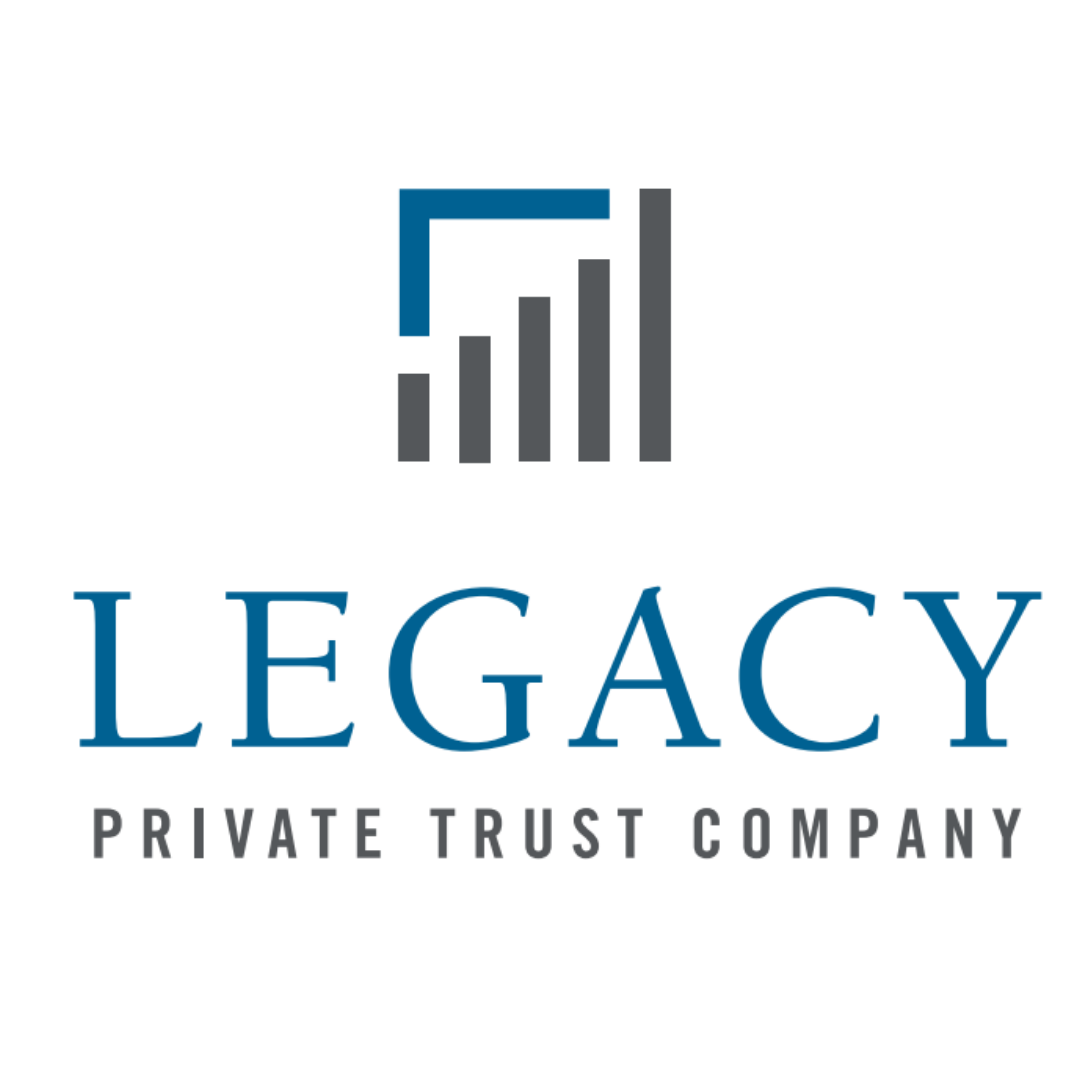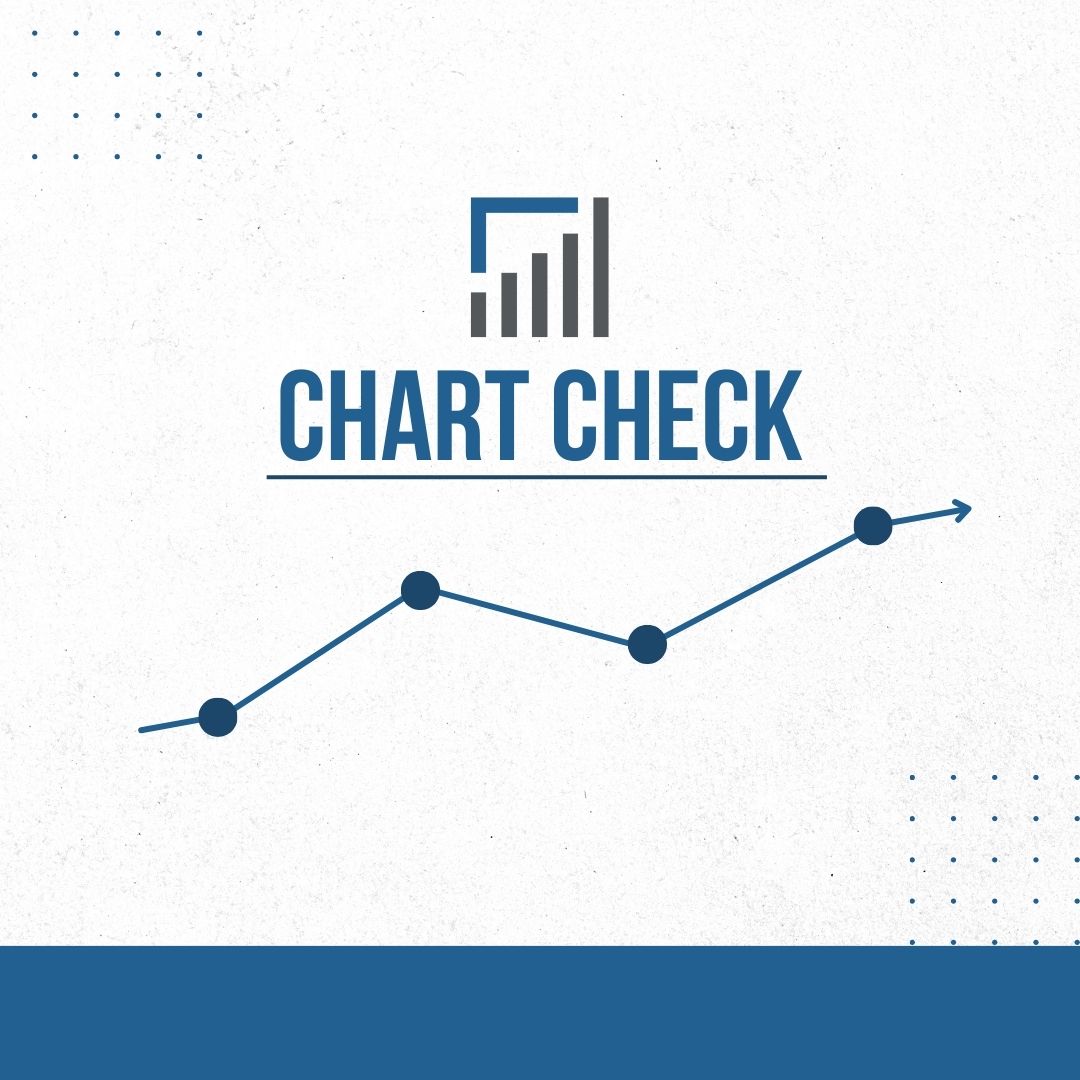The Internal Revenue Service (IRS) recently released Revenue Ruling 2023-2 for inheritance, creating waves among investors and advisors. This ruling affects estate planning, significantly impacting those using irrevocable trusts in their wealth management.
IRS’s Stealth Shift
In March 2023, the IRS subtly altered the tax rules regarding assets held in irrevocable trusts. Revenue Ruling 2023-2, detailing these changes, has far-reaching implications for estate planning.
The ruling states that assets in an irrevocable trust ‘not included in the taxable estate at death’ will no longer receive a step-up in basis.
Understanding Step-Up In Basis
To fully appreciate this change, it’s vital to understand ‘step-up in basis.’ The original cost of an asset is its ‘basis.’ If the asset appreciates, the difference between the basis and selling price is the capital gain, subject to capital gains tax.
However, when assets are transferred upon the owner’s death, the basis is ‘stepped-up’ to the fair market value at the time of death, effectively eliminating capital gains and taxes.
Effect on Irrevocable Trusts
Previously, it was still being determined whether assets transferred through an irrevocable trust would receive the step-up in basis. Many families have used irrevocable trusts to protect their assets and qualify for government benefits.
The new IRS ruling specifies that assets held in an irrevocable trust not included in the taxable estate at death will not receive a step-up in basis. This implies that capital gains tax may apply to any substantial asset appreciation since the original purchase.
The Advisor’s Role – Legacy Private Trust Company
The changes introduced by the IRS could significantly affect estate planning and potentially increase tax burdens for beneficiaries of irrevocable trusts. This underlines the importance of open communication with advisors, such as those at Legacy Private Trust Company.
With its deep understanding of complex tax and estate issues, Legacy Private Trust Company can offer expert advice in the wake of these changes. Our advisors can help navigate the implications of this ruling and craft a flexible estate planning strategy tailored to your needs.
These recent changes from the IRS underline the importance of maintaining a strong investor-advisor relationship, such as with Legacy Private Trust Company. We engage in regular, transparent discussions about the implications of tax changes to ensure a unified approach to managing these evolving circumstances.
Despite the challenges presented by Revenue Ruling 2023-2, the ultimate goal remains: to ensure the optimal preservation and transfer of wealth to the next generation. Legacy Private Trust Company is poised to assist investors in adapting to these changes and continues to secure wealth for future inheritances. With proactive measures and professional advice, investors can confidently navigate this evolving tax landscape.
If you are a Legacy client and have questions, please do not hesitate to contact your Legacy advisor. If you are not a Legacy client and are interested in learning more about our approach to personalized wealth management, please contact us at 920.967.5020 or connect@lptrust.com.
This newsletter is provided for informational purposes only.
It is not intended as legal, accounting, or financial planning advice.




